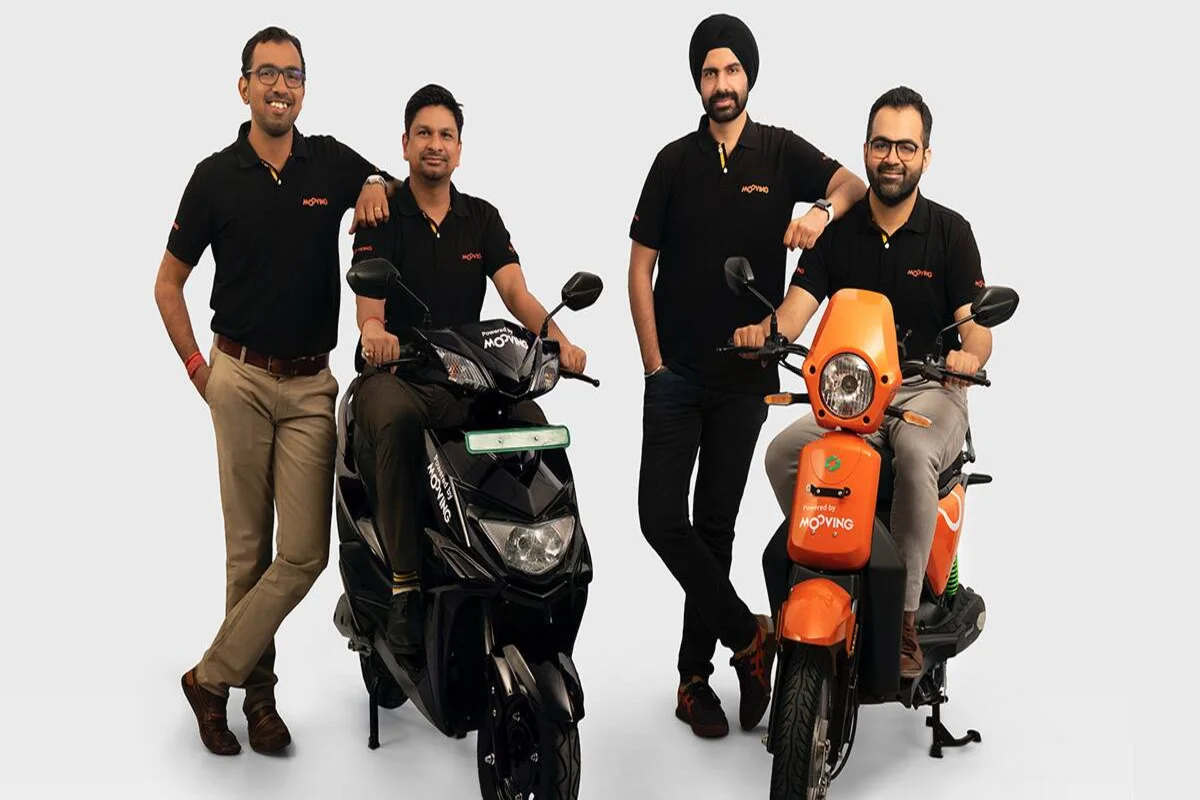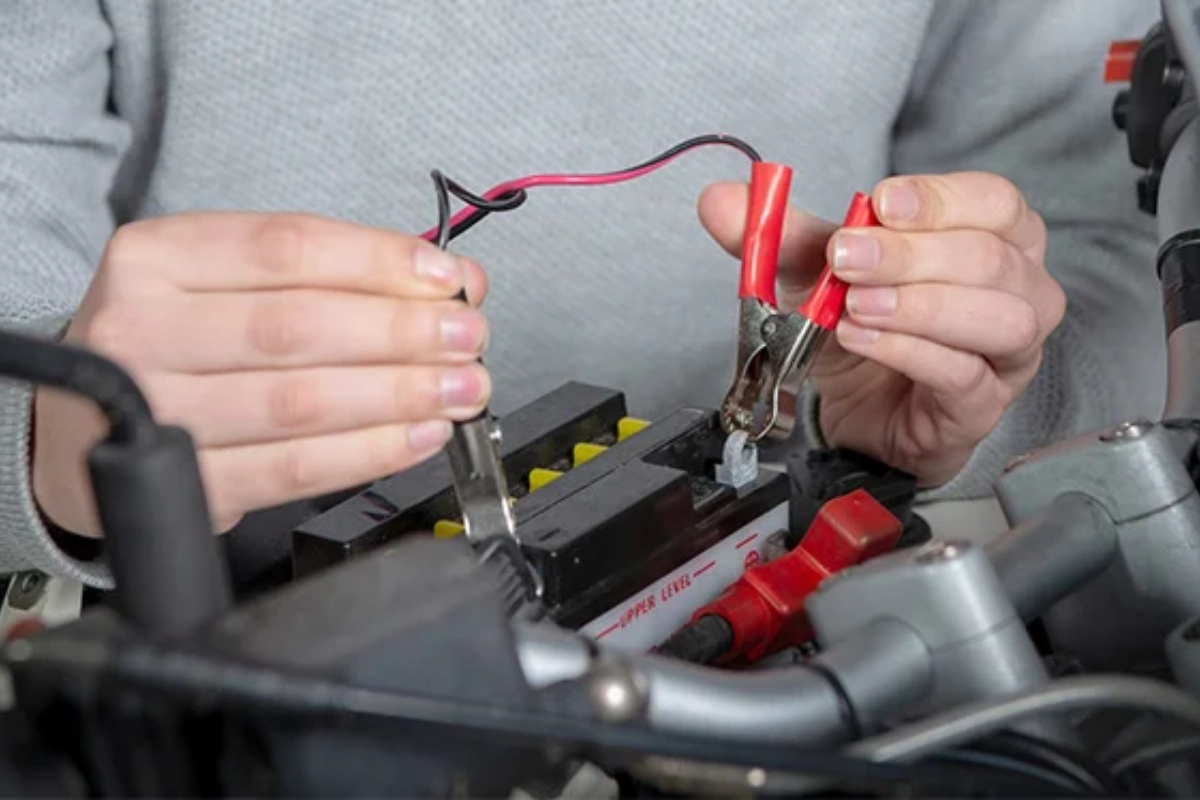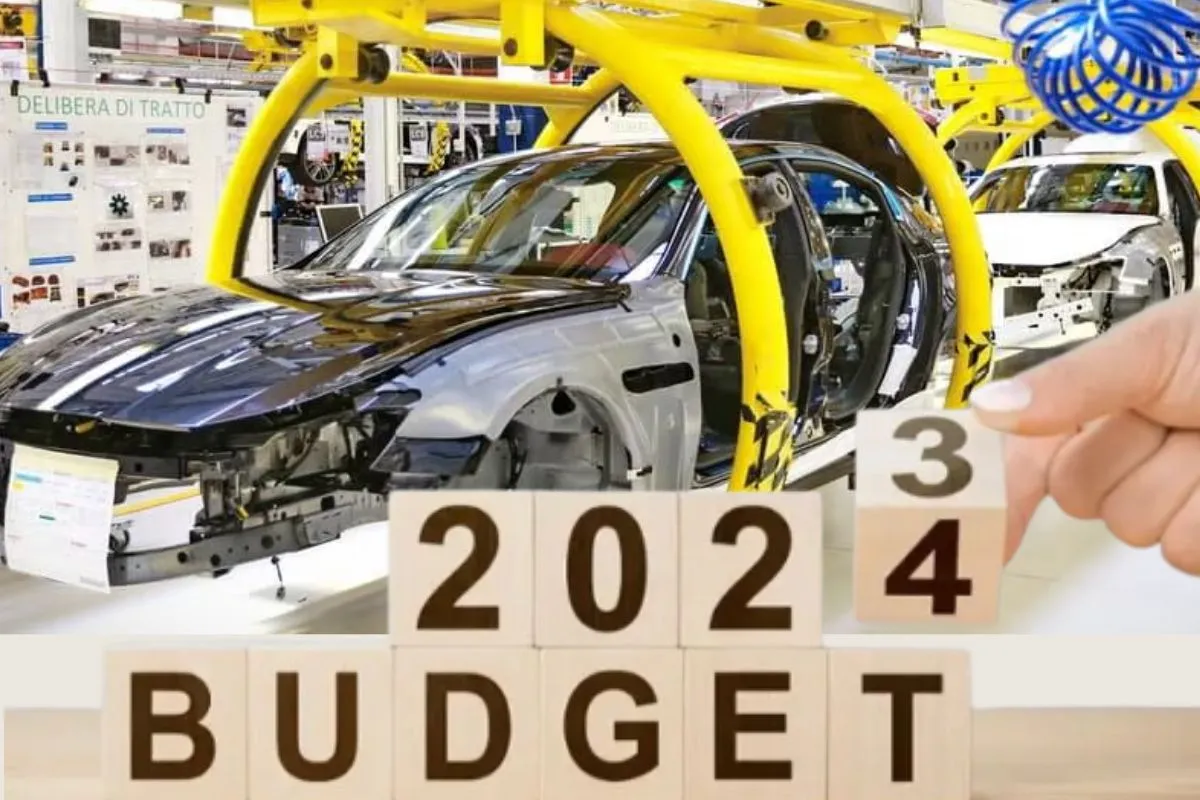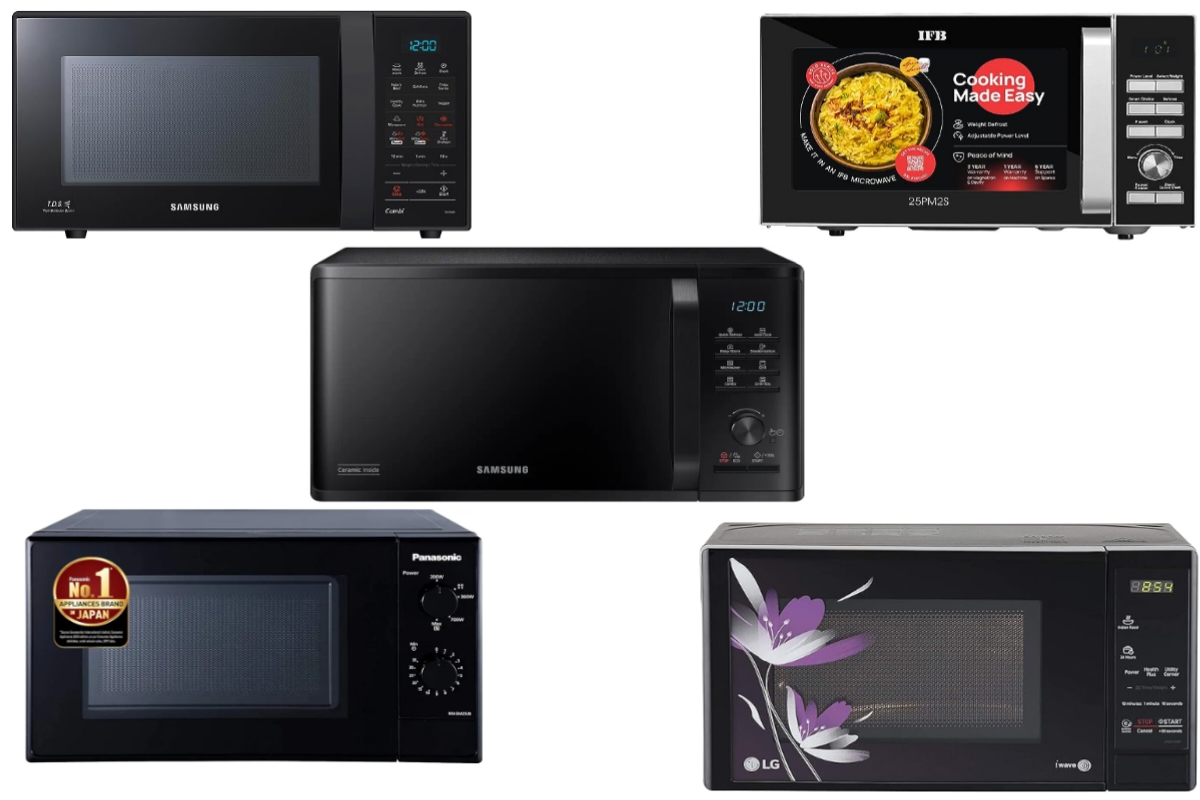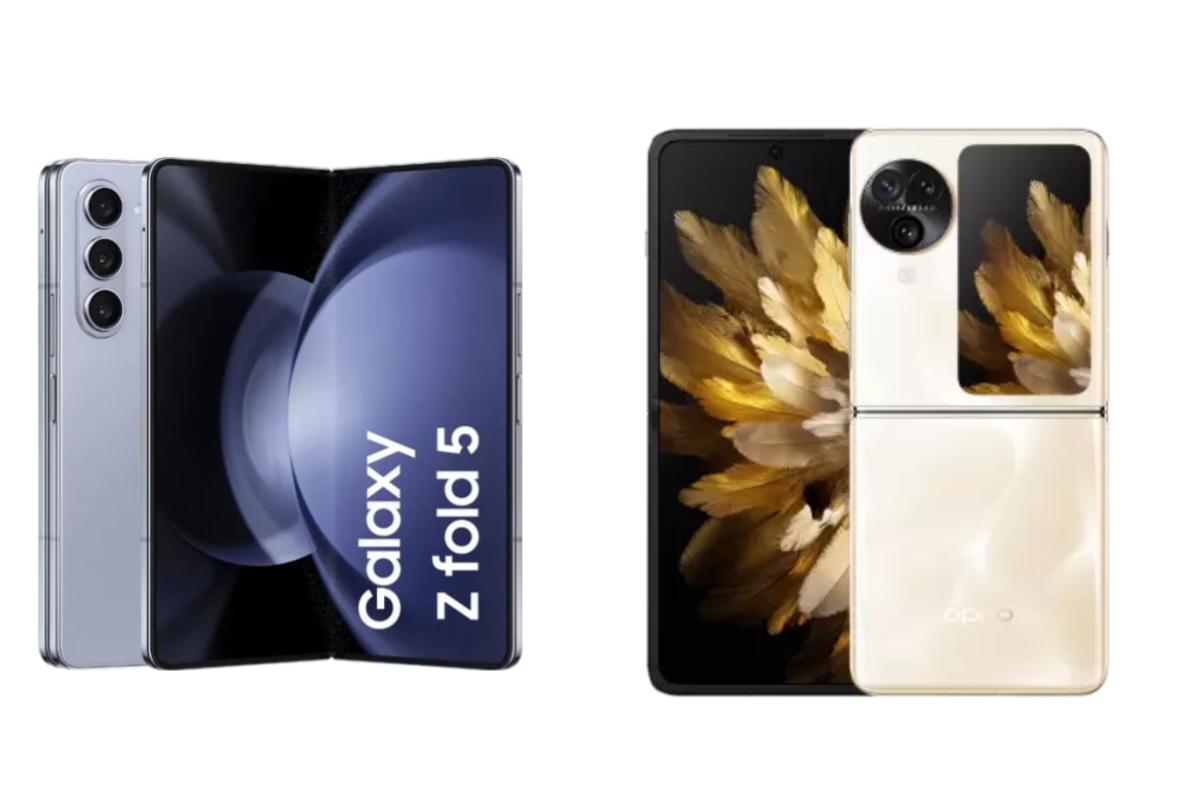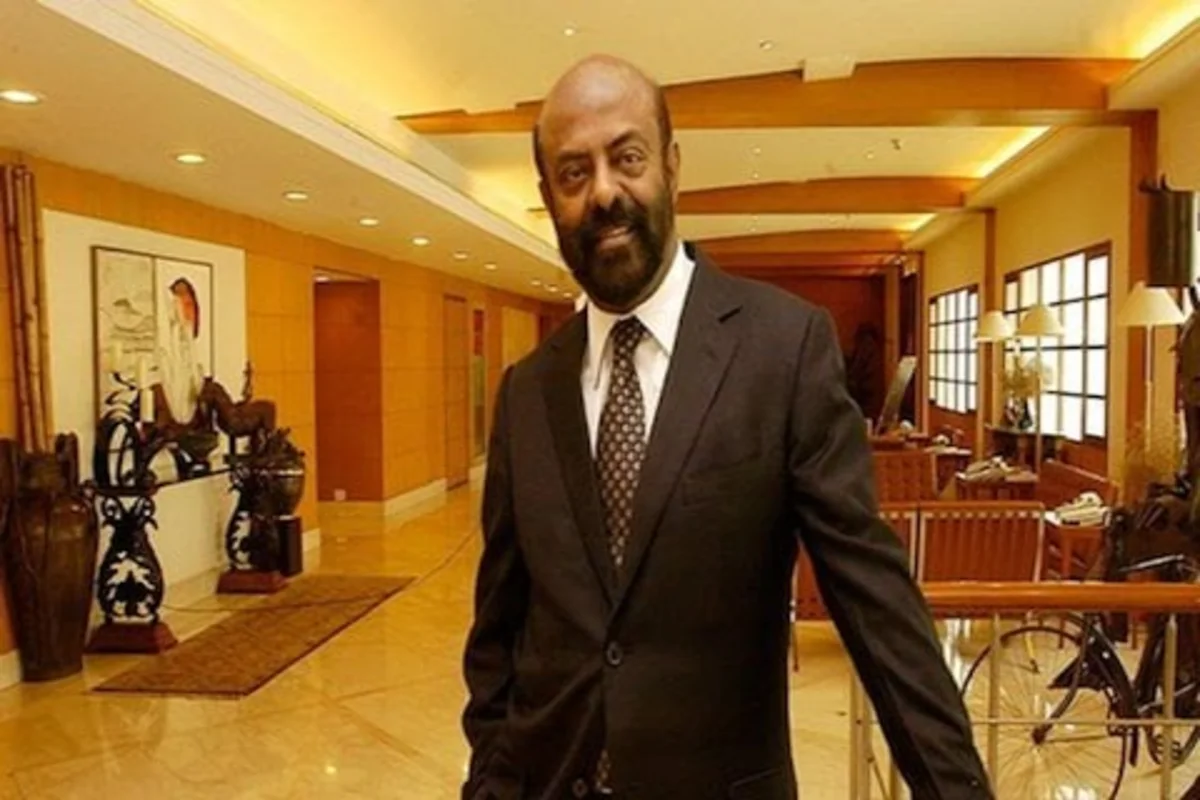Mooving: The Indian car market is swamped with several electric two-wheeler and four-wheeler possibilities, signalling that the electric vehicle revolution is well underway. However, if you are now considering purchasing an EV, you could still be undecided because of a number of worries. Perhaps the charge situation is an issue where you reside in an apartment building. Mooving aims to fill that gap.
Mooving now is prearing for the two-wheeler EV and battery-swapping service
After nearly two years of collaborating with delivery personnel and e-rickshaw drivers, Mooving wants to concentrate on providing their electric two-wheeler and battery-swapping service to a larger clientele.
Tanvir Singh, cofounder of Mooving said about the barriers that stops people to buy EVs
“We identified two barriers preventing customers in major cities from embracing EVs. One is the length of the charging process, and the other is the fact that many of them reside in apartment buildings or complexes, noted Tanvir Singh, cofounder of the Gurugaram-based business.
Initial services provided by EV maker Mooving included electric two- and three-wheelers as well as battery-swapping services for e-rickshaw drivers and last-mile delivery personnel. Mooving’s platform currently hosts over 5,000 automobiles that have logged over 4 crore miles and more than 500,000 battery replacements.
Mooving gives its client choices
With its new business strategy, Mooving gives its clients two choices: either they can purchase a car and sign up for battery swapping, or they can rent the car. If you choose to purchase their Lectrix electric scooter, there is a significant upfront cost of roughly Rs 55,000, followed by a monthly subscription price that depends on how much you drive and ranges between Rs 1,249 and Rs 2,999.
If you choose to rent the same scooter, you will first need to pay a Rs 13,800 refundable security deposit, followed by a Rs 3,699 to Rs 5,599 monthly fee, again depending on how much you use the scooter. The Lectrix scooter and its batteries, according to Singh, are made in Manesar, India, whereas the cells used in the batteries are made in China.
Singh responded that they own the batteries and “get a lot of data regarding the condition of the batteries, the cells within them, and how they are used” in response to a question about safety. He claims that this information provides the business with a wealth of insights on the batteries, any potential problems, and the need to replace or repair the battery before it is utilised on a customer’s vehicle.
Keep watching our YouTube Channel ‘DNP INDIA’. Also, please subscribe and follow us on FACEBOOK, INSTAGRAM, and TWITTER.


